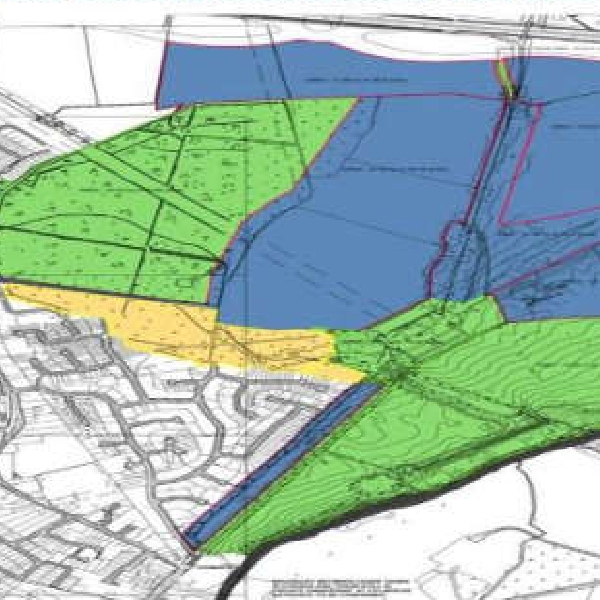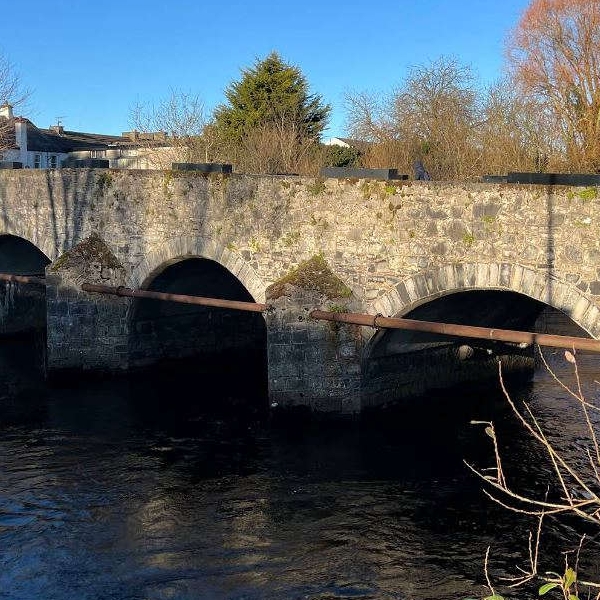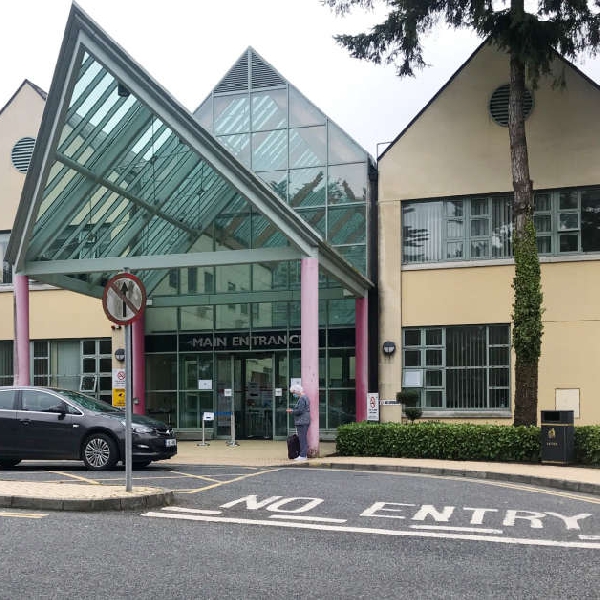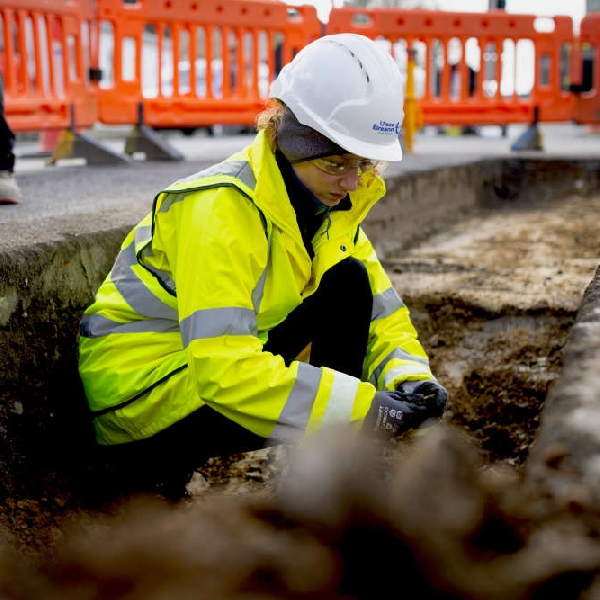
At present, names are reviewed and approved by the council’s Estate Naming Committee, who meet twice a month to assess proposals as part of the planning compliance process.
Give councillors the final nod when it comes to the naming of housing estates.
That's the call from Fianna Fail Cllr Suzanne Doyle.
The current policy, last updated in 2018, offers guidance to developers on choosing estate names that reflect local heritage - favouring names rooted in geographical, historical, or cultural significance.
At present, names are reviewed and approved by the council’s Estate Naming Committee, who meet twice a month to assess proposals as part of the planning compliance process.
The group includes library staff and planners.
Using the names of living people or the recently dead is not usually permitted at these meetings except in "exceptional" circumstances.
Cllr Doyle believes argues local councillors and other members of municipal district committees, who know an area’s history and quirks, should be given a greater role in confirming estate names.
It’s not just about honouring local heritage, Doyle suggests, but about common sense and clarity.
With duplication still a regular issue, she believes a bit of local insight might help ensure names are both distinctive and meaningful.
There is, however, a minor roadblock.
Under the Local Government Reform Act 2001, naming estates is classed as an “executive function” which means it falls squarely under the remit of the council's staff, not its elected members.



 Kfm Obituary Notices
Kfm Obituary Notices
 Major Curragh Community College Project Moves Ahead After Years Of False Starts
Major Curragh Community College Project Moves Ahead After Years Of False Starts
 Plans For Walking Trail Within Castletown House Lands Under Consideration Subject To Removal Of Laurel
Plans For Walking Trail Within Castletown House Lands Under Consideration Subject To Removal Of Laurel
 Council Blames Stolen Cars As It Refuses Warning Signs At Crash-Prone Bridge In Celbridge
Council Blames Stolen Cars As It Refuses Warning Signs At Crash-Prone Bridge In Celbridge
 Naas No-Shows Add To Driving Test Pressure As Kildare Test Queue Hits 1,975
Naas No-Shows Add To Driving Test Pressure As Kildare Test Queue Hits 1,975
 Naas Hospital Promised Just 21 Extra Mental Health Beds At Lakeview Ward - With No Timeline In Sight
Naas Hospital Promised Just 21 Extra Mental Health Beds At Lakeview Ward - With No Timeline In Sight
 R405 Hazelhatch Road To Close Between Loughtown Road And Athgoe Road For Major Pipeline Works
R405 Hazelhatch Road To Close Between Loughtown Road And Athgoe Road For Major Pipeline Works
 Local Demonstrations To Accompany Leinster House SNA Protest Amid Growing Backlash, Says Kildare TD
Local Demonstrations To Accompany Leinster House SNA Protest Amid Growing Backlash, Says Kildare TD


